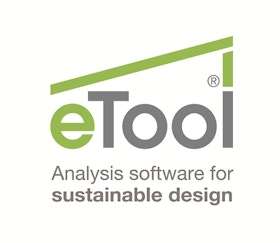Bogota: Building A Sustainable City
Enrique Peñalosa, former mayor of Bogota, Colombia, transformed one of the most chaotic cities in the world into a shining model of urban planning. He reformed public transport, added greenways, built mega-libraries and greenways, and created the longest stretch of bike-only lane in the world, but along the way he met tremendous opposition from the very people he was attempting to help.
As little as 10 years ago Bogotá, Colombia, was characterised by drug cartels, senseless violence and a 30-year civil war. Every three hours someone was kidnapped. Every 15 minutes someone was murdered. At one point there was not an upper- or middle-class Colombian family that did not know somebody who had been abducted.
As you move around the city today, you will see mega-libraries, greenways, 1,000 parks, over 70,000 trees and a state-of-the art transportation system called the TransMilenio, meaning “transcending the millennium.” The TransMilenio is an alternative to the chaotic, independently operated bus service that dominated the city in the past. Along with this infrastructure, you’ll see people from all walks of life who are out of their cars and enjoying the city: parents strolling with children, co-workers eating lunch outside, neighbours meeting and talking with one another.
How did this remarkable transition happen to Bogotá? It came out of the vision that Enrique Peñalosa, Bogotá’s mayor (1997- 2000), had for his city. He wanted to reverse the decades-long norm of poverty, drug cartels and violence, and make citizens proud of the metropolis in which they lived. Peñalosa believed that cities should encourage walking and biking, which would in turn promote community and make the streets safer for children. With these ideas in mind he reformed public transportation, added greenways, built mega-libraries and created the longest stretch of bike-only lanes in the world. Peñalosa’s commitment to reducing automobile usage even led to a program called the “pico y placa” (“peak times and license plates”), which greatly restricts the use of private automobiles at peak times.
Details
Screening Time: 5.30pm
Documentary Length: 30 minutes
Venue: Cundall + eTool Office, Level 1, 40-44 Pier Street, Perth, 6000
Cost: Free
Kontak sponsor/pameran
Siobhan McGurrin
[javascript protected email address]
Publish your content with EB Publishing
It's about who you reach. Get your news, events, jobs and thought leadership seen by those who matter to you.




